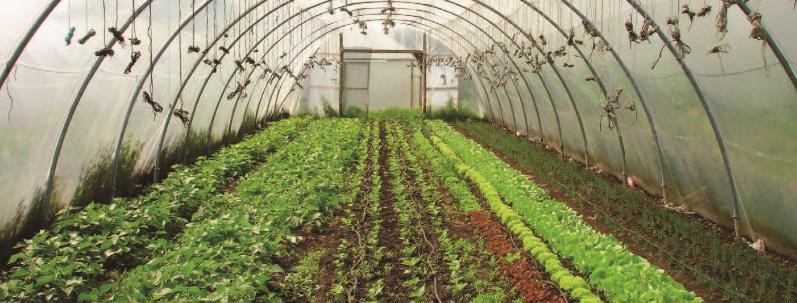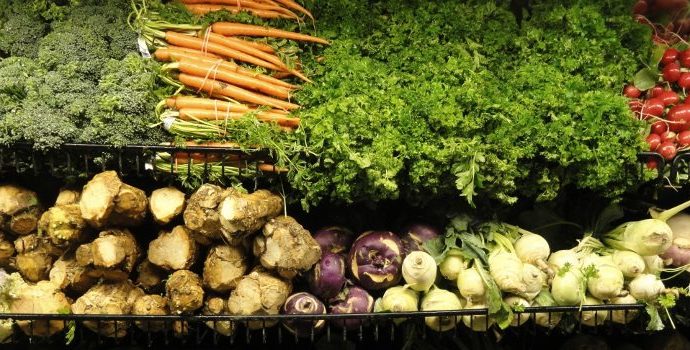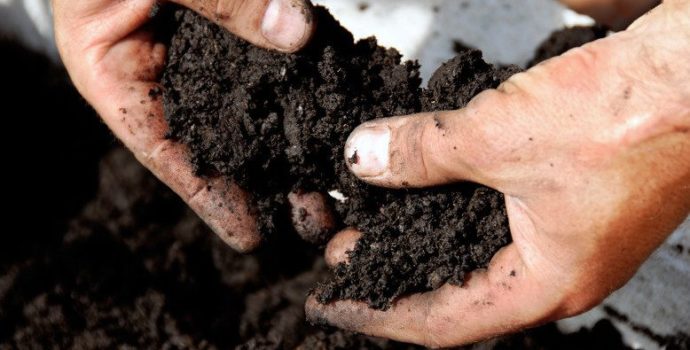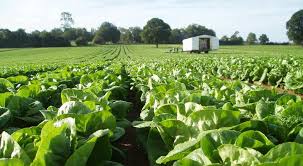Horticulture Council Report May 2022

Market Report
Market demand has remained buoyant, albeit less than that experienced during the pandemic. Soaring input costs which have been further impacted following the invasion of Ukraine continue to cause demise for the sector. Retail prices have begun to increase; however, the increase rates are not sufficient to absorb increased costs across most lines. Increased market response is essential to maintain the viability of the sector.
The escalating input costs are a huge cause for concern within the sector, with a sharp rise in energy costs, labour, packaging, natural gas, fertiliser and a range of other key input components. According to Teagasc’s most recent analysis, increases of 13% to 49% have occurred over the past 12 months depending on the different sectors. With such worrying increases some farmers have opted to scale back operations or unfortunately have had to cease production.
The planting conditions have been favourable for root crops this season apart from some frost. The season has begun for the soft fruit sector. So far yields are fair as favourable weather is present, with daytime weather remaining mild and little frost at night. Labour shortages are still a major cause for concern entering into the busy season. IFA continue to lobby for the granting of seasonal work permits for the horticulture sectors.
Protected crops season has also begun and yields are quite good to date despite soaring gas prices. Gas and energy prices continue to jeopardise the sector. Many growers delayed the season due to gas prices and product is now becoming available on supermarket shelves. Current weather conditions are favourable, with good light intensity levels aiding growth in the daytime.
In March, IFA launched a report commissioned by economist Jim Power- Retail Price Compression Threatens the Viability of Irish Horticulture. The report calls for Government to move quickly to restore the ban on below-cost selling of food. The analysis contained in the report shows very clearly the intense pressure on horticultural producers. Retail price compression has forced many producers out of business and many more will be forced out of business if the imbalance in pricing power in the supply chain is not addressed. The full report is available here.
Following a lobby campaign, Minister McConalogue announced that a €2.8million support package was approved by cabinet last month and will be made available to the horticulture sector. package for horticulture is a positive step, but soft fruit growers have been excluded. The package falls short of what is needed, given the huge input surge in the sector. In addition, it appears soft fruit growers have been inexplicably excluded and IFA continue to lobby for this sector to be included. The terms and conditions of the package and the breakdown of funding are still outstanding.
Activity since last National Council
- IFA horticulture members attended an unfair trading policy (UTP) breakfast seminar in Backweston attended by Minister Charlie Mc Conalogue. Noel Collins from DAFM gave an overview of the new office of Fairness and Transparency. At the meeting IFA called for the new office to be put in place without further delay and highlighted the challenged faced by sectors supplying the retail sector directly.
- In March, IFA launched a report commissioned by economist Jim Power- Retail Price Compression Threatens the Viability of Irish Horticulture. The report calls for Government to move quickly to restore the ban on below-cost selling of food. The analysis contained in the report shows very clearly the intense pressure on horticultural producers. Retail price compression has forced many producers out of business and many more will be forced out of business if the imbalance in pricing power in the supply chain is not addressed. The full report is available here.
- IFA will put forward a submission on Brexit Adjustment Reserve funding for sectors of horticulture directly impacted by Brexit in the coming weeks.
- IFA met with Minister McConalogue in north co Dublin last month. The main purpose of the meeting was to highlight how spiralling input costs are affecting the sector, especially since the invasion of Ukraine. IFA followed up by putting a submission into DAFM detailing the challenges for the sector and the requirement for support.
- IFA continues to meet with all retailers highlighting spiralling input costs.
- IFA continue to liaise with the Department of Enterprise, Trade and Employment on processing work permits and the establishment of a seasonal work permit scheme.
- Activities under the Green Cities Promotions continue as part of the European funded initiative. The campaign aims to promote green landscaping in building projects in Ireland, while encouraging the use of locally-grown planting stock. The promotion is 80% funded from the E.U. with 20% coming from industry. Growers are reminded to contribute to the promotion.
- The IHNSA/IFA in conjunction with Bord Bia held a successful trolley fair to mark the beginning of the amenity season on March 8th on Whites Agri premises Lusk, Co. Dublin.
- The latest subcommittee meeting of the Horticulture Industry Forum took place on April 22nd.
- An Organic’s Project Team meeting took place on Wednesday the 20th of April in Birr Co. Offaly following a Teagasc farm walk in which the project team also attended.
- IFA Organic Project Team chairman John Curran took part in the first meeting of the newly convened Organic Forum. A follow up meeting will take place shortly.
EU/COPA Developments
- IFA has continued contact with both the EU Commission and COPA in relation to the impact spiralling input costs on the Horticulture sector.
Upcoming Events / Issues
- IFA will attend an Organics Working Party meeting in Brussels this week.
- The official launch of the EU F&V campaign will take place in Brussels on May 18th, IFA will be in attendance.
- Meetings will continue with retailers regarding the issues arising as a result of input cost increases and to ensure Irish produce is stocked ahead of imports.
- IFA will continue its lobbying campaign in relation to harvesting of peat for the horticultural sector.
- IFA will be lobbying to include the sectors of horticulture affected by Brexit in the Brexit Adjustment Reserve (BAR) fund announced by the EU.



